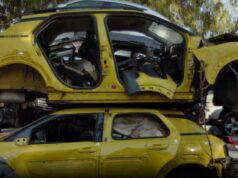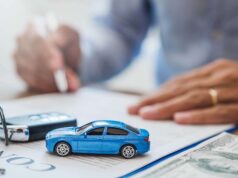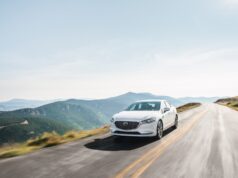
Becoming a car owner was once a luxury enjoyed by very few Americans. Early on, cars were reserved primarily for those wealthy enough to afford them, and customized for their buyers at considerably high prices.
That is until they finally became more accessible to the public, thanks to Henry Ford, who perfected the concept of the assembly line. This enabled him to drop the price of ownership of a Model T from $850 in 1908 to $300 in 1924.
The idea of credit also became widely accepted, allowing consumers who could not afford to pay full price to pay over an extended period of time. Consumers could take out a loan from the bank and pay the bank back along with interest.
With the decrease in price and accessibility came a rise in popularity and Americans were motivated to own their own personal vehicles. To this day, it’s still a goal of most Americans to have a car of their own.
However, car ownership has always had its costs, between the sticker price of the car, gas, and insurance and repairs, and no one would ever say it’s cheap to be a car owner. Taking a look at today’s economy and factoring in the rise of inflation, car ownership now seems to be costlier than ever. A new question has begun to arise in light of these conditions, “Is owning a car financially beneficial?”
Car prices are steadily increasing without an end in sight. Purchasing a used car is no longer a de facto more affordable option as used vehicles can easily cost you $20,000 or more plus the cost of ownership.
A brand-new car averages approximately $50,000 before the day-to-day expenses. Regardless of whether you buy your vehicle brand new or used, you can expect to be paying much more for this luxury than you would have just a few years ago – and even if you’re able to pay it off, the cost of ownership continues to increase.
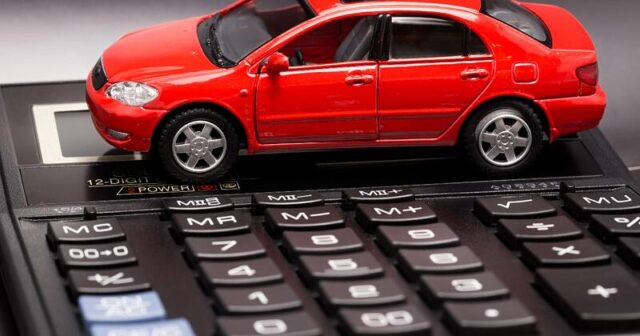
Something to consider is that while a used car may appear to be cheaper upfront, it may end up causing you trouble as it ages – and therefore expenses – down the road. Both used and new cars are costly yet few would disagree that a newer car wouldn’t hold up longer than an older one which needs continual maintenance.
Not only have the price of the vehicles themselves skyrocketed, but so have the essentials such as gas, diesel, and insurance premiums. Add in the current inflation that the economy is experiencing, and you will see many households struggling to keep their car on the road.
Many people dread something breaking into their car as they fear they cannot afford to fix the problem. What was once a simple fix could become a severe hit to a family’s cash flow.
Perhaps because of the booming prices of cars, millennials are starting to become disinterested in owning their own cars. Studies done by the American Automobile Association (AAA) have shown that in 2021 the cost of owning a car increased by $279 while in 2022 the cost increased by $9,561, both compared to 2019.
This is a drastic price change in only a few short years. And the need for a personal car seems to be less important for those that are living in a city that is walkable or offers great transportation such as buses, trains, and car services.
The rise in the use of car services has helped alleviate the stress of traveling without your own car and many people have even ditched them to rely solely on different transportation services to get to their destinations. Some of these are popular rideshare services and personal car services such as drvn. By relying on these kinds of companies, you can arrange effortless transportation without worrying about all the accompanying costs such as:
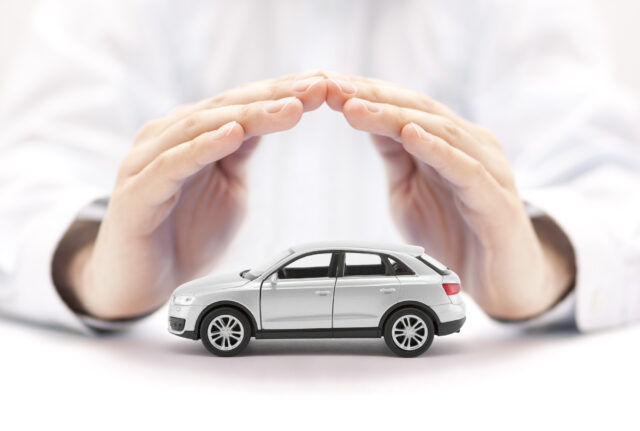
- Insurance- Insurance is needed for every vehicle and person operating the vehicle. The cost of insurance can vary depending on the provider, your location, your driving history, and other factors. The average cost in 2022 was $1,771 per year.
- Financing- Most people cannot afford to buy a car outright, so many rely on loans. In 2022, those with new cars averaged approximately $700 more per month and those with used cars averaged around $525 per month. These prices have increased in line with inflation.
- Fuel- Regardless of whether your car is new or used, you will need gas or diesel to make it run. In the middle of June 2022, the average price of fuel was $5.00 per gallon, which decreased to an average of $3.83 in October 2022. Some states will always pay higher prices, such as California, and although there has been some relief there and in the rest of the country, prices are still high.
- Registration- If you own a car, it must be registered with your state. Each state has different registration fees and regulations so it will be location-specific. In areas such as Oregon, you can expect registration fees to be almost $300, and in other states such as Arizona to be as low as $40.
- Maintenance- Routine maintenance is crucial to keeping your car running efficiently. This includes car washes, oil changes, adding air to tires, and regular inspections. In addition to regular maintenance, your car could experience damage that requires fixing, such as the check engine light illuminating or your brake pedals wearing out. Both routine maintenance and unexpected maintenance can easily rack up your yearly costs.
- Depreciation- Rather than a cost, this is the value of the car, something to consider when owning a car that you may want to sell one day. When driving off the lot in a new or used vehicle, your car automatically decreases in value. The average amount of depreciation was $3,900 in 2021. To keep your depreciation rates low, you could buy a used but you’ll still have to spend on maintenance for it to remain in good shape.

When considering all of these costs, using a car service can seem like a preferable alternative to owning and maintaining your own vehicle. Instead of paying monthly payments, insurance, gas, and miscellaneous expenses that quickly add up, you’ll only need to worry about the rides you need.
For some people, paying for a car service is much more practical than the plethora of costs that come with owning a personal vehicle. Ultimately, prices have risen in every aspect of owning a vehicle, but whether you own a vehicle or not depends on where you live and the needs of you and your family.



